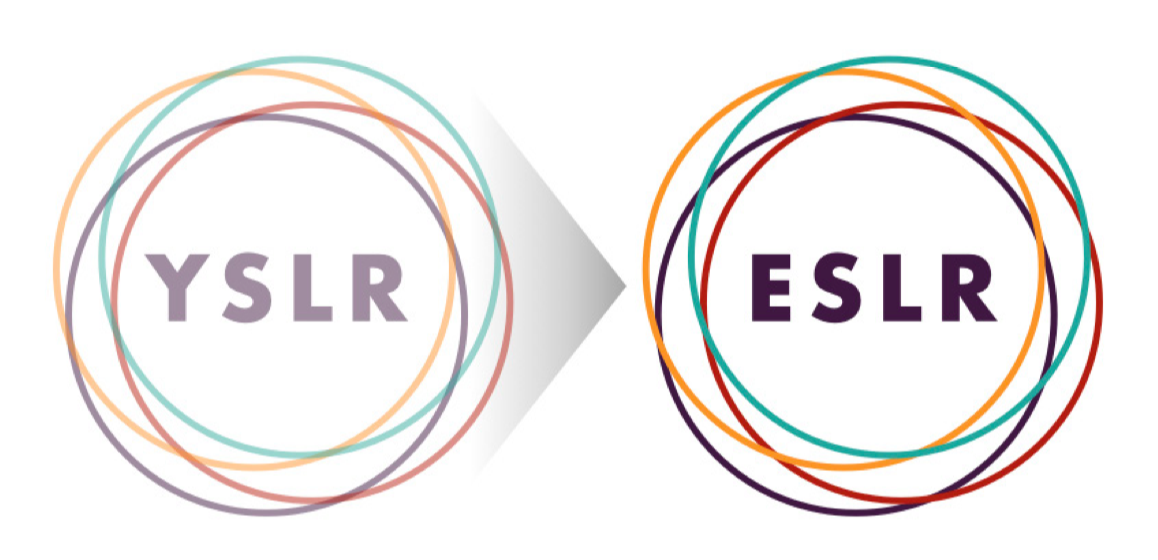Early-career but not young? Reply to feedback on the society’s name

We have recently received some feedback on misleading ageism terminology in the name of the society. We will try here to give some answer to these questions and explain how we have been addressing this issue in the past few months.
What has the society been up to?
Over the past weeks and months, our committee has been working on turning our semi-regular meetings in 2016 and 2017 into a more formally organised society. I am really pleased to find support not only by the members of the new committee but also by members of our mailing list who sent me supporting messages over the past year. Thank you all for your support!
As expected we had to make many decisions. What are the core ideas of and our visions for our group? How can we support early-career researchers along with their individual paths? How will we communicate with each other?
We drafted a constitution, made decisions on our code of conduct, kicked-off our plans for our society journal Cultured Scene, and finally started with the preparations for our upcoming workshop in June. One of the many topics was the society name, and whether mentioning ‘young’ could be misleading.
Why was ‘young’ part of the name in the first place?
When I started this as a mailing list of people I met at various conferences in 2015 and 2016, I looked up names of conferences, societies, awards, grants, etc. that were geared towards early-career researchers. Very often ‘young’ is used to express early-career (for example, this one, funded by a sponsor of our previous workshop). That sounded reasonable to me, it was short and it made the group’s name role nicely. However, only because others are doing something it does not necessarily mean it is the right thing to do.
Why did you keep the name when you formed the society?
In one of our committee meetings, the point was raised that early-career researchers, who would not describe themselves as young, might feel excluded by the name. We discussed whether or not to change the name and if we would change it, what a new name could be. We decided to stick with the name because we advertised and set up the group with this name and those four letters have started to be recognised by people. We thought it would be sufficient to make clear that we are an inclusive early-career network. It is, for example, a fundamental part of our constitution:
§3 d. […] The Society is committed to the philosophy of equal opportunity and respectful treatment for all regardless of national or ethnic origin, religion or religious belief, gender, gender identity or expression, race, colour, age, marital status, sexual orientation, disabilities, or any other reason not related to scientific merit. […]
Nevertheless, the feedback we received has shown, that it is not sufficient. It gave us a gentle nudge to think again. Which we did. And after more consideration and throwing around ideas, we decided to change the name of the society to ESLR, the Association of Early-career Social Learning Researchers. Which is precisely what we are. It avoids any notions of age, but also looks similar to the current name.
When will the name be changed?
We want to make the change as soon as possible. However, there are some logistic hurdles to overcome. This includes changes to our website, URL, mailing list and email addresses. We will also have to change our names and pages on social media such as Twitter and Facebook. We want to this done properly. And while we love the work we do for the society, we also have real jobs that keep us busy as well. Therefore, we expect to have everything ready by the time of our workshop at the end of June.
Let me reiterate: at no time did we mean to be excluding or ageist. We hope that you approve of our roadmap and the planned changes. If you have any feedback or critique do not hesitate to send a mail to me or any member of the committee.
